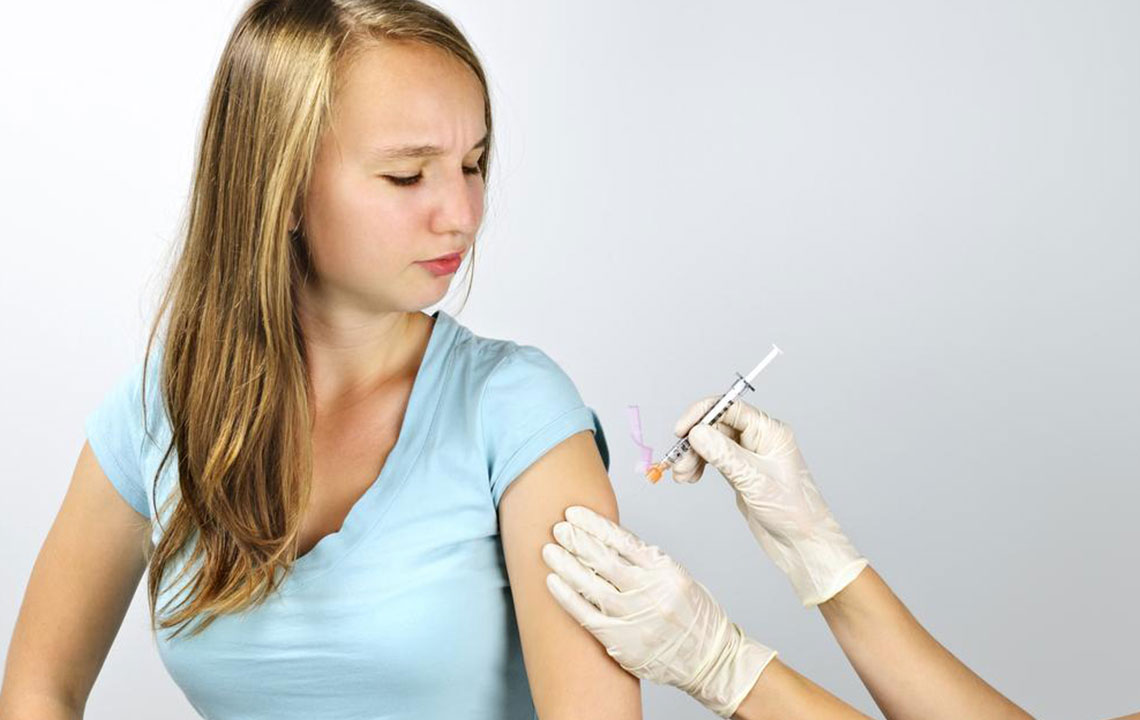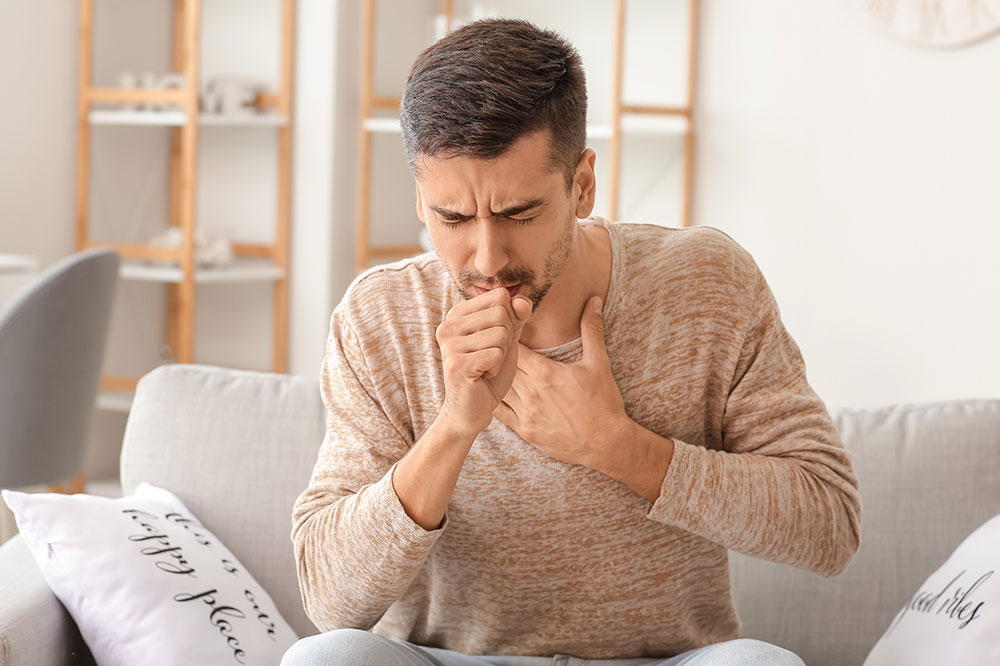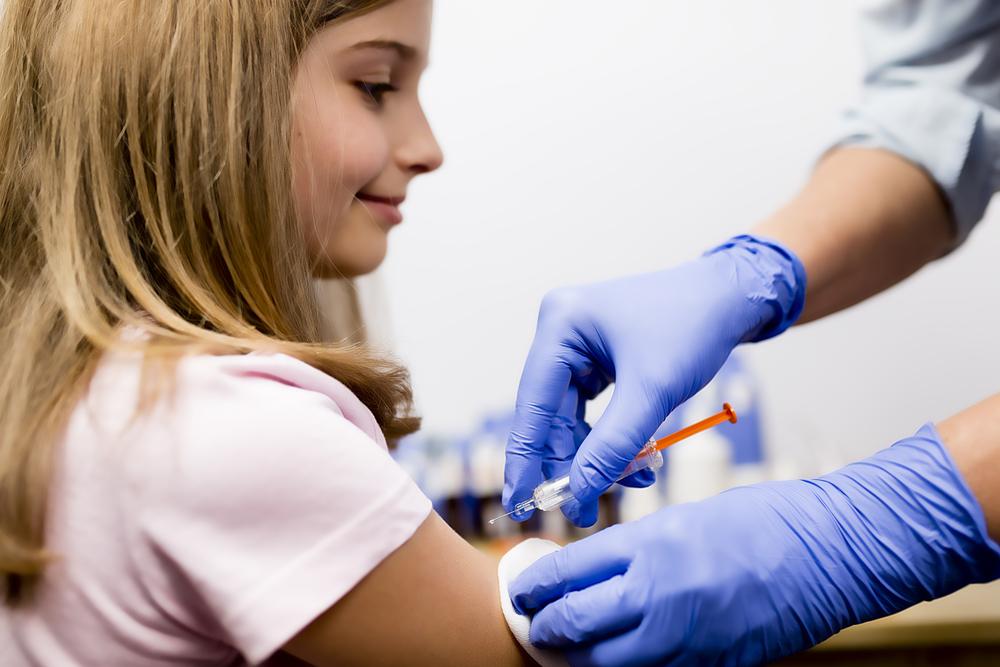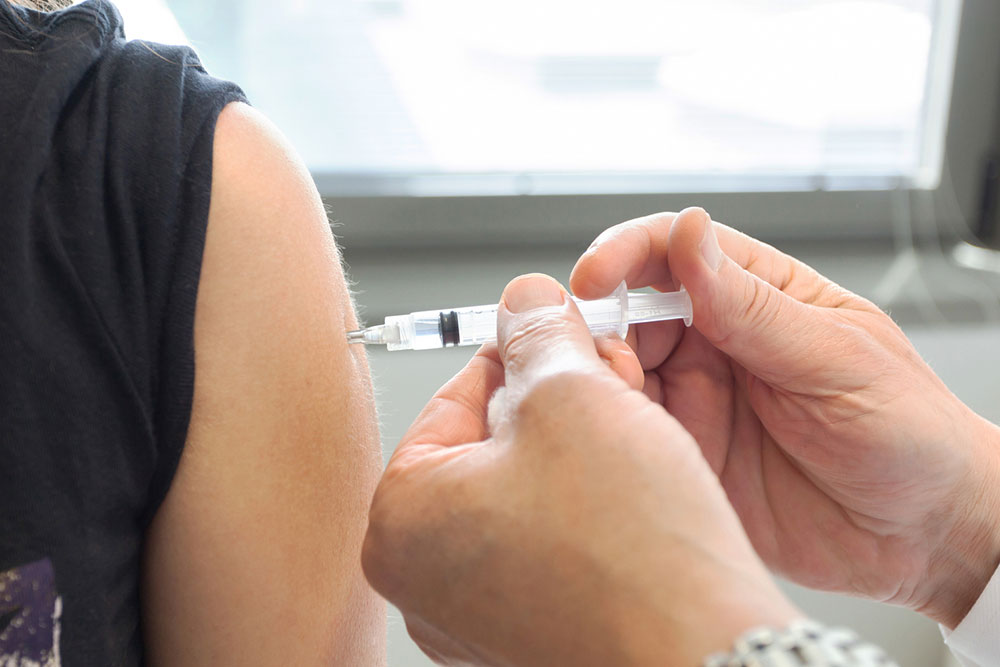Importance of vaccination for women
The need for immunization for all women is crucial. However, it is essential to take the recommended vaccines at the right time to avoid any mishaps during the reproductive age.
Two key essential vaccines of Influenza and Td/Tdap should be in the checklist for protecting a new born from neonatal tetanus and pertussis. Nowadays, apart from the regular vaccines, women are at a higher risk of certain life-threatening diseases which require immediate attention.

The Centers for Disease Control and Prevention (CDC) recommends two doses of HPV (Human Papillomavirus) to evade at least 70% chance of cervical cancers. This vaccine is scheduled at a very early age of around 11–12 years which can be also extended from 13 to 26 years if not vaccinated earlier. Considered to be safe and approved by the CDC, the HPV vaccine has gained a lot of momentum among the women in the US in the light of vaginal, vulvar cancer, Gardasil, and Gardasil 9 disease.
To be noted, this vaccine should not be given to pregnant women, one who is extremely ill and allergic to yeast, latex, and the vaccine component. This vaccine could be covered by health insurance plans if provided according to the national guidelines. Additionally, the HPV vaccine can also be availed under the VFC scheme for the ones who can’t afford the vaccination.
Despite the vaccination, women still need to undergo a series of cervical cancer screening on a regular basis to avoid any undue complications. This is not mandatory though, but one needs to understand that the HPV vaccine does not protect from all cervical cancers. Study according to National Health and Nutrition Examination survey also show that there has been a sharp decline in HPV cases among women in early 20s.
It is essential to empower women about their health and the required immunization for the sake of their own well-being and the new-born. And this is where the OB-GYNs are doing their best bit in educating and administrating vaccines to women and pregnant women.




